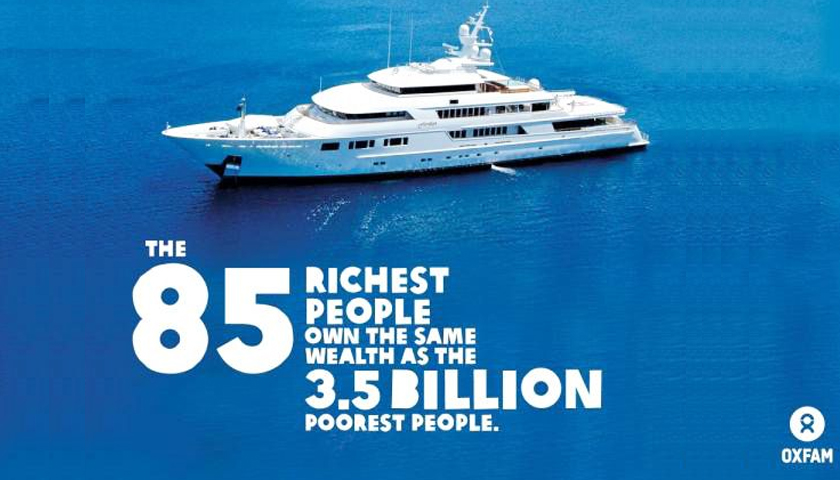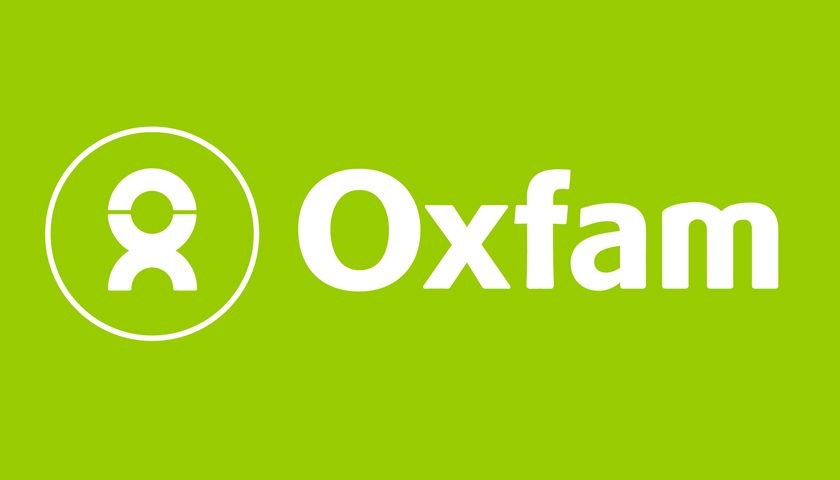There’s a few interesting questions with regards to politics and ethical marketing. I think, as an industry that marketing tends to be apolitical, as are many businesses after all you need customers and often their politics needn’t come into it. Arguably ignoring politics can come back and bite you though I have seen an argument that the downfall of Bell Pottinger was based on their choice to ignore politics. There are a few interesting questions that come up when you are working to be an ethical marketer. There are the obvious political things such as you do not want to work with people who use extreme and violent means on either the left or the right, or those who use hateful rhetoric or who discriminate, though is that a political or a moral decision?
I have seen a few arguments recently which are hedged as political but to my mind are not. There has been a large backlash from some on the right accusing Don’t Fund Hate of being a leftist political group, something I don’t agree with. I see the power of Don’t Fund Hate as a protest about ethics and in a marketing context about brand safety, do you want your products to appear next to an article calling refugees cockroaches. Whilst it is true that Don’t Fund Hate primarily centres on the Mail, Express and Sun who are all more right wing, it is important to note it also does not go after the likes of the Times who are, in my opinion centre right, or the Telegraph who are right wing, because the editorial stance on these papers is different from the sensationalist and nationalistic stance of the Mail, Express and Sun. I think to make it about right and left means you lose the fact that it is about the way they report rather than the political viewpoint they have.
Last week Oxfam found themselves caught up in a political argument as well. They released a report about wealth inequality stating that 1% of the world held 82% of the wealth. It started with a tweet sent to them saying:
https://twitter.com/BenRamanauskas/status/955335010764107776
This prompted an exchange with other users which prompted the following from Oxfam who said:
https://twitter.com/oxfamgb/status/955457195969216513
Many supporters have since threatened to stop donating to the giant development charity and have called into question chief executive Mark Golding’s £127,000 salary. This included the original poster stating the charity should lose its charitable status because it was too political, specifically that Oxfam was Labour supporting in his view.
https://twitter.com/BenRamanauskas/status/955611157947211777
https://twitter.com/BenRamanauskas/status/955611773545144320
This whole argument, and the original news article lead to a bigger backlash against Oxfam:
https://twitter.com/grimangus/status/955547755207852033
https://twitter.com/zephyrgate/status/955810727926910976
There were many attacks then on the salaries Oxfam itself pays, and whilst it seems like a lot to many, the CEO of Oxfam GB earned £127,753 in 2016/17 (which remains in the lowest quartile of salaries for large UK charities). It is difficult to put a price on the importance of a strong CEO in terms of raising further money in the charity.
Oxfam did come back with a status which tried to explain a little more:
https://twitter.com/oxfamgb/status/955738399536812033
I’m not going to lie, I find these accusations of politicking very strange, Oxfam have put out these reports about the top 1% and inequality for years and never received the same backlash, I don’t recall the accusations of politics prviously and if you have been donating to Oxfam for years and only now getting upset about these reports then to be honest you haven’t been paying attention. I can only assume because the political landscape has changed and arguably because a party is now lining up to a similar viewpoint as that which Oxfam has had for years that suddenly it is Oxfam who is accused of being political, whereas in reality their stance hasn’t changed but the Labour Party’s has – instead of Oxfam becoming more political, has the Labour Party become more charitable? It seems obvious that a charity whose aim is to eliminate world poverty would highlight wealth inequality to me. I also feel sad that people will stop supporting a charity that they obviously believed in previously because they falsely attribute political motivations without being aware of what the charity has always done.
This argument was then taken up again last weekend by ex charities minister Rob Wilson, who made an attack on Oxfam in a Daily Telegraph article, in which he accused Oxfam of “disappearing up its morally righteous posterior”, this has also provoked a backlash. The former Conservative minister, writing on the newspaper’s website last Friday, said the charity had a left-wing bias and “stands accused of being anti-capitalist and anti-Conservative”. He also called on larger charities to employ more right-leaning people in senior leadership positions. I think it is concerning for an ex-charities minister to be playing a part in politicising charities. I also wonder why he thinks that trying to reduce inequality is specifically left wing, as it’s what the Prime Minister has been pushing since she came into power.
I think it’s very difficult to not view some of these arguments as political, and I do think many on the ethical side are generally left leaning, however you have to be very careful not to get into a left wing good, right wing bad scenario as I think some do. It is also important to not add politics into an ethical situation where quite likely there are none, and as we seem to be becoming far more partisan in nature I think this will happen more and more, and I think an aspect of ethical marketing will be to try and not make these political arguments when there are ethical ones to be made.
I’d be interested in your thoughts.

